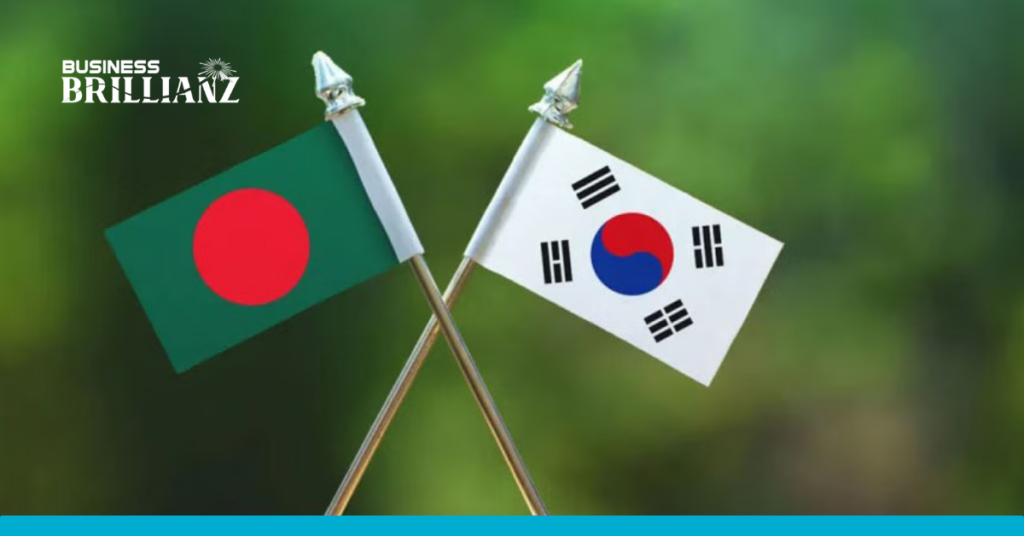South Korea has opened up its fisheries and construction sectors to migrant workers from Bangladesh, marking a significant expansion in employment opportunities in a country recognized for its fair labor practices. The move includes quotas for various sectors, with 7,500 positions allocated in manufacturing, 304 in shipbuilding, 1,877 in fisheries, and 1,095 in construction for the current year.
Previously, Bangladeshi workers in Korea were limited to employment in the manufacturing and shipbuilding sectors, as highlighted in a statement by the South Korean embassy. This initiative aims to diversify the scope of employment for migrant workers and strengthen ties between the two nations.
Ambassador Park Young-sik of South Korea stated that the embassy is now accepting applications for the 11th Employment Permit System (EPS) General Korean Language Test. This opportunity is available on a first-come, first-served basis for workers seeking employment in South Korea. The State-owned recruiting agency, Bangladesh Overseas Employment Services Ltd (BOESL), will manage the draw for the test and the subsequent application process.
The Korean Language Proficiency Test, which allows 30,000 participants annually, is a crucial step for those aspiring to work in Korea under the EPS program. Applicants can choose one of the four sectors during the language test application, with a restriction on applying for the 12th EPS language test this year.
Reflecting on the history of the EPS program, the highest number of Bangladeshi workers sent to Korea was 5,891 in 2022, followed by 4,804 in 2023. The Korean government plans to recruit 165,000 non-skilled foreign workers from 16 countries through EPS, emphasizing the need for proficiency in the Korean language and loyalty to the first employer for worker selection.
Ambassador Park Young-sik acknowledged the active collaboration between BOESL and the human resources department of Korea in implementing the EPS. The decision to open up employment in fisheries and construction to Bangladeshi migrant workers is viewed as a recognition of the country’s consistent contribution to the Korean workforce.
South Korea’s commitment to fair labor practices is evident in its recognition by the UN Public Service Award in 2011 for protecting foreign workers from discrimination, ensuring equal application of labor laws, and providing access to various social insurance schemes. Ambassador Young-sik also cited Nepal as an example of successful worker dispatch, noting the positive settlement and faithful work of Nepalese workers in Korean society, earning them a favorable reputation among employers. This move signifies a broader effort to enhance collaboration and opportunities for migrant workers between Bangladesh and South Korea.


